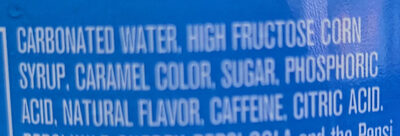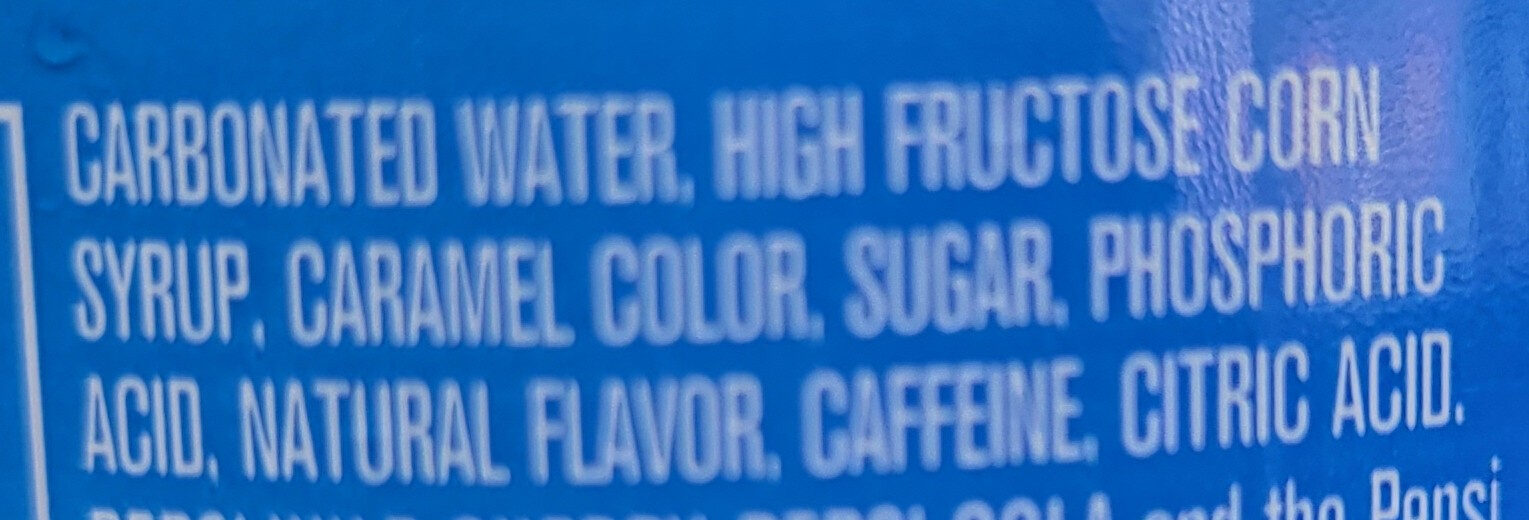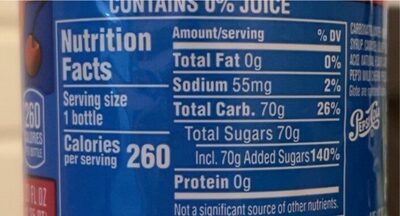Wild Cherry - Pepsi - 20oz
Ambiguous barcode: This product has a Restricted Circulation Number barcode for products within a company. This means that different producers and stores can use the same barcode for different products.
×
Barcode: 01255906
Quantity: 20oz
Brands: Pepsi
Categories: Beverages, Carbonated drinks, Sodas, Colas, Cola with sugar, Sweetened beverages
Origin of ingredients: United States
Manufacturing or processing places: Purchase, ny
Countries where sold: United States
Matching with your preferences
Report a problem
Data sources
Product added on by veganeamos
Last edit of product page on by foodvisor.
Product page also edited by ecoscore-impact-estimator, foodless, givememydew, inf, kiliweb, openfoodfacts-contributors, packbot, roboto-app, thaialagata, waistline-app, yuka.sY2b0xO6T85zoF3NwEKvlhd1eNPdpmPPL03vx1KC3P2qEbbHbNFd86v2Nqs, yuka.sY2b0xO6T85zoF3NwEKvlk9jWdb0_RyYLDj5vX_a4s-IP6fOXvcs7JjRHKo, yuka.sY2b0xO6T85zoF3NwEKvllB5bOaG_ReaNzfmpEOO5oiIAba1PIFX8prLHKs, yuka.sY2b0xO6T85zoF3NwEKvllBsSsiPsznmZhrtyXyo_N7SDofxc4Fcs4H5Yqo, yuka.sY2b0xO6T85zoF3NwEKvlm5Bb-qHuQ_6KT_mtRWu5I_fc6DCY_J054neMqg, yuka.sY2b0xO6T85zoF3NwEKvln1FdNTFhz7GKg7knUaM3oqJCKy1bvNtsrGqbas, yuka.sY2b0xO6T85zoF3NwEKvlnNuXubDpm70KTf4t0GK44i2LZO0R91ZuNPEGKo.













